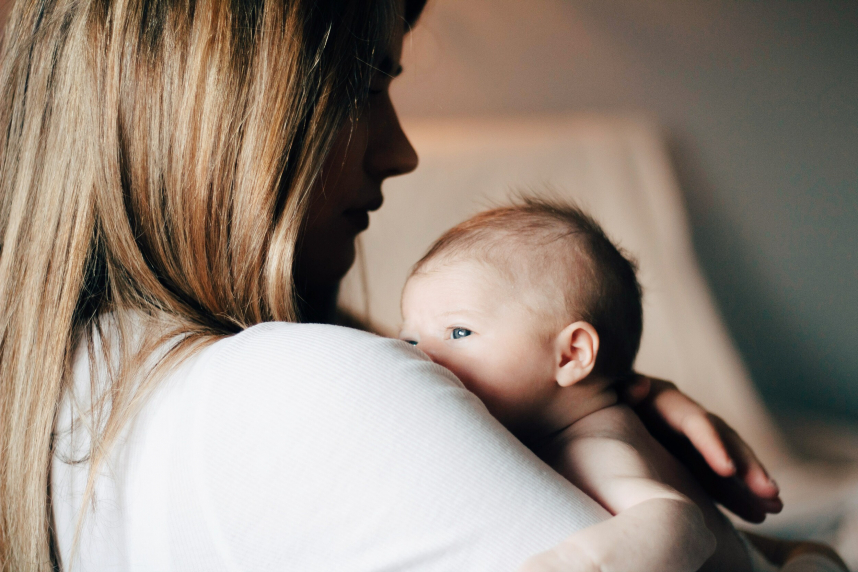
Treating severe depression after childbirth has benefits not only for mothers but for their children as well, a new study from Norway suggests.
Researchers recruited more than 61,000 mothers in week 17 or 18 of pregnancy and tracked them until their babies were five years old, according to a report published on Tuesday in JAMA Network Open.
Six months after giving birth, 8,671 mothers met the diagnostic criteria for postnatal depression. Only 2% received treatment with antidepressants known as selective serotonin reuptake inhibitors (SSRIs).
In that group, researchers saw lower rates of depression at 1.5 years and five years after childbirth, higher partner relationship satisfaction throughout the study, fewer behavioral difficulties in their children at 18 months and five years old, and fewer attention deficit hyperactivity disorder (ADHD) symptoms at age five.
Among untreated women, more severe postnatal depression was associated with higher levels of future maternal depression and poorer relationship satisfaction. Mothers’ untreated postnatal depression also was linked with higher levels of child emotional and behavioral difficulties, poorer motor and language development, and increased ADHD symptoms.
The vast majority of women with postnatal depression do not receive treatment for it, likely due in part to concerns about the impact that taking antidepressant medications in the postnatal period may have on children, study leader Dr. Kate Liu of King’s College London said in a statement. The study found no evidence of long-term risks, she said.
The findings suggest that postnatal SSRI treatment can reduce maternal depression and child behavioral difficulties that are associated with postnatal depression, Dr. Liu said.